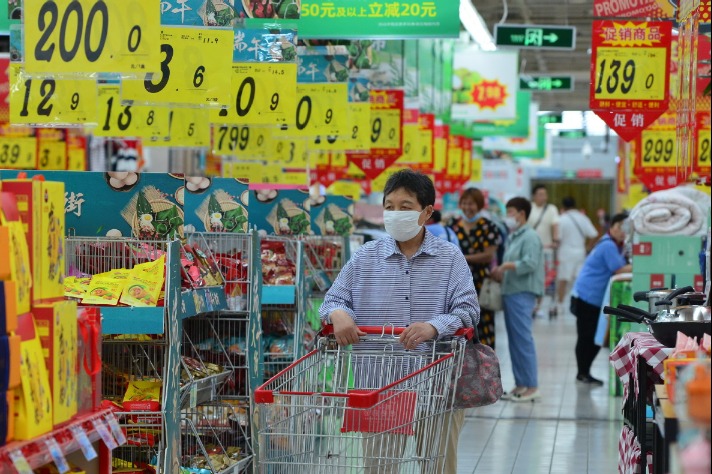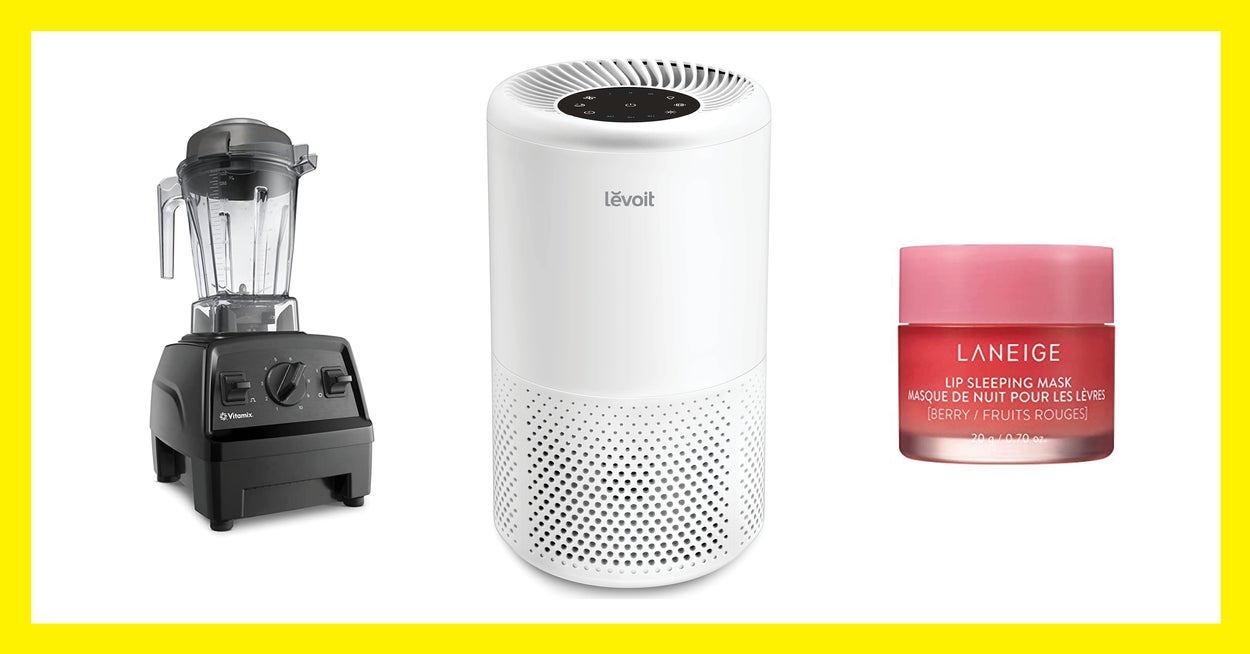Trade in health products should be healthier – Opinion

Consumers browse products at a supermarket in Fuyang, Anhui province on June 9. [Photo by LU QIJIAN/FOR CHINA DAILY]
Editor’s note: Four decades of reform and opening up have not only made China the world’s second-largest economy, but also changed the way of life for Chinese people. A senior China Daily reporter analyzes the changing attitude of Chinese people towards physical health and health products.
When I first visited the United States nearly four decades ago, I marveled at the health products section in supermarkets. On the shelves were a wide range of products, from vitamin capsules and calcium tablets to cod liver oil and other dietary supplements. My American friend then told me that health products were popular in the United States.
Every time I visited a Western country after my first trip to the United States, my friends and colleagues in Beijing would ask me to buy a few bottles of vitamin capsules and other health products.
Such products were not available in China at the time, simply because there were very few, if any, takers as people were still struggling to make ends meet. But thanks to China’s rapid economic development, people’s incomes have started to rise at a steady pace and with them the demand for health products. Some shrewd businessmen and companies seized the opportunity to make money and started making soft drinks and dairy products and selling them as immunity and endurance boosters.
These products, while filling the coffers of investors, have also helped raise awareness about health products. China’s health products market is now worth 300 billion yuan ($47.41 billion). With double-digit growth per year, the industry is expected to be worth 1 trillion yuan in 10 years.
But the growth and profitability of the industry has also led to malfeasance. While authorities classified these products only as “health products”, those who blindly seek profit do not hesitate to exaggerate the functions of their products. For years they spent huge sums of money on TV and newspaper ads, with some claiming their products had “magical functions” including the power to cure diseases like cancer, diabetes and heart disease. hypertension. A few manufacturers have also claimed that their products can darken gray hair, delay aging, or prevent Alzheimer’s disease.
When authorities banned such exaggerated advertisements, many so-called health product manufacturers and sales agents turned to pyramid selling, which is illegal in China. In fact, most of the pyramid schemes busted in recent years were related to so-called health products.
In China, only 23% of healthcare products are sold in pharmacies, while 25% are sold directly by manufacturers, with the rest sold through online retailers. And judging from the market trend, online sales are expected to continue to grow at a rapid pace.
However, the increase in online sales of health products has created a big challenge for supervisors, as they find it increasingly difficult to verify the quality of products and avoid cheating.
As for commercial agents, they mainly target the elderly, especially those suffering from certain chronic illnesses. While shopping in a mall or walking down the street, an elderly person is likely to “meet” a salesperson who offers to help them carry their shopping bags. Appreciated by the benevolent act, the older person is more than likely to start talking to the “caregiver”, who, seizing the opportunity, might persuade the older person to purchase their health product and enjoy its benefits .
Many cases of deceived seniors have been reported. In fact, many seniors have lost their life savings by buying boxes of health products that turned out to be useless. These “kind-hearted” people are detained or arrested if their products are found to be counterfeit or if they are found to have tricked customers into buying a product by exaggerating its medicinal effects.
But that hasn’t deterred cheaters from trying to lure unsuspecting people into their trap because of the huge profits at stake – a box of fake pills made solely from starch can sell for thousands of yuan.
Despite the problems in the health sector, its contribution to raising public awareness of the importance of health is commendable. However, it would be better if we knew that the health products that people consume are indeed health products. And to ensure this, government supervisors and the manufacturers of these products have many responsibilities to fulfill.
The author is the former deputy editor of China Daily.





